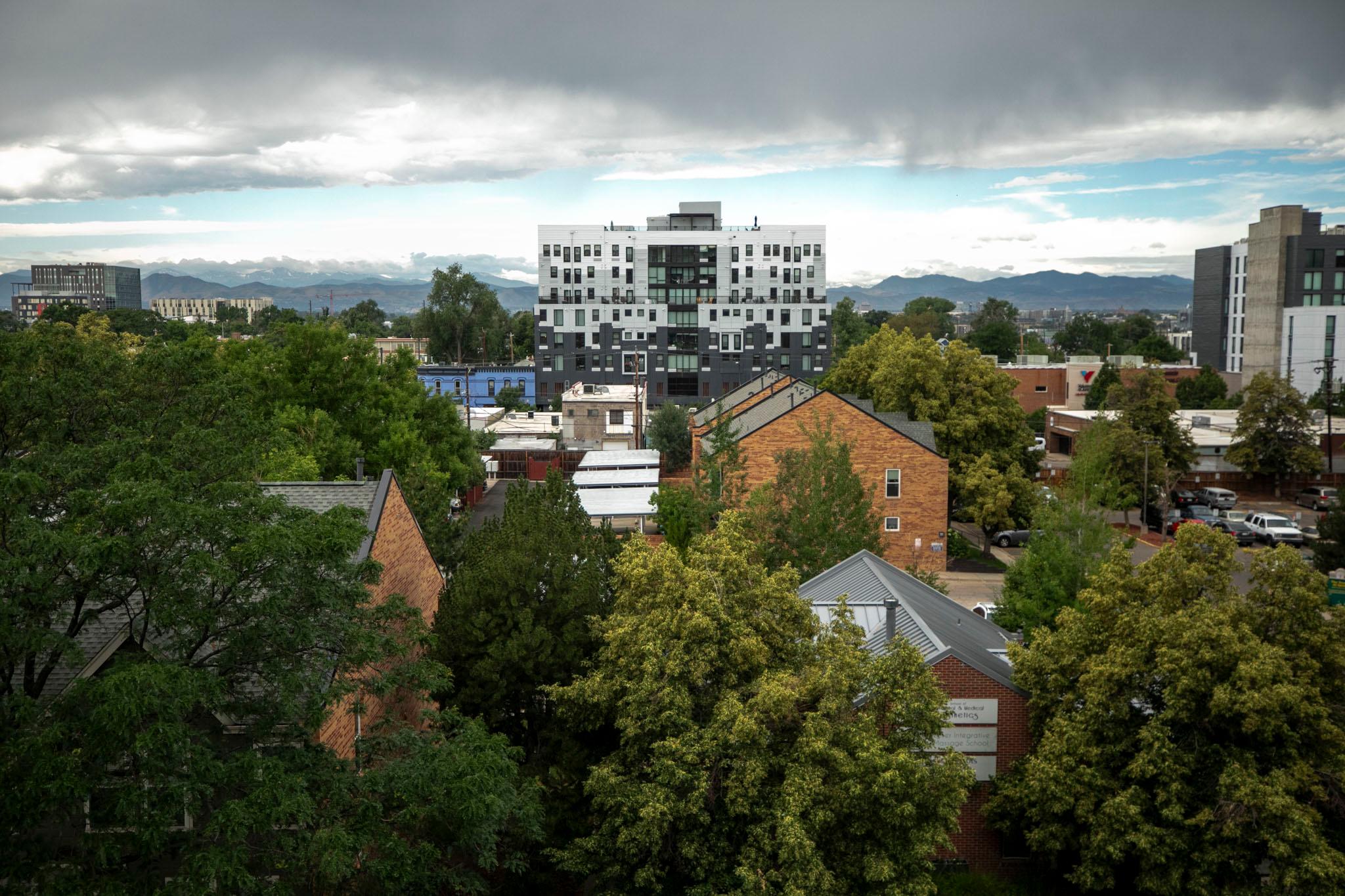Let’s say you want to put your home up for sale in the Metro Denver housing market. You know that in recent years, buyers were scooping up houses sight unseen. They were outbidding each other into the stratosphere, driving prices increasingly higher.
You want the same perks sellers had just a couple of years back and don’t want to waste time negotiating with greedy buyers. You’re ready to cash in and move on.
But nobody’s biting at the price you’re willing to sell. So your home is just sitting there.
Or maybe you want to buy a new Denver home. But how can you?
You’re looking at this new era of stratospheric prices established during the market frenzy.
The median price of a stand-alone house is $665,000, up just over 1 percent from this time last year, according to the Denver Metro Association of Realtors Market Trends Report.
The median price for an attached property like a condo or a duplex is $410,000, down more than 2 percent from this time last year.
Add to those costs much higher interest rates, higher than 7 percent as of July 5, according to Realtor.com. Home ownership feels further out of reach than ever.
Considering all that, you are afraid you’ll drop a big down payment and commit to high interest rates. Then home values could plummet, and your mortgage will be underwater.
You don’t want to see a housing bubble burst like it did back in 2008 and find yourself broke. So you’re demanding good deals. You want an ideal home and a seller willing to drop the price or add concessions.
And unlike buyers over the past few years, you’re willing to wait as long as it takes until you get what you want.
Choosy buyers and sellers unwilling to compromise are having an outsized impact on the number of homes available in the Denver housing market.
“A once reliable market with a peak selling season in June has taken a detour,” commented realtor Libby Levinson-Katz, chair of the Denver Metro Association of Realtors Market Trends Committee.
The June housing market was sluggish.
In fact, last month, the number of available homes leaped more than 68 percent, to 10,214, from this time last year — and more than 11.5 percent month over month. That’s largely because homes aren’t selling as fast as they were.
This trend gives buyers a much wider selection of properties to choose from.
Sellers can still sell fast if they are willing to negotiate. Those who aren’t could be waiting with their properties on the market for months.
They’ll be in good company. Sellers have more homes sitting on the market now than at any time over the past few years, according to DMAR, and that number just keeps climbing.
“The main culprit of higher interest rates is easy to identify,” explained Levinson-Katz. “Buyers fear a repeat of 2008, sellers hope for a return to 2021 conditions and renters expect interest rates to drop back to three percent.”
None of these views, she maintains, are true. But they’re helping balance the market.
All of these changes have some sellers holding off on entering the market.
Though properties are staying on the market longer, fewer are being listed.
The number of new listings dropped more than 16 percent to 5,825 in June, a month when the market is typically red hot.
The number of closed sales plummeted more than 17 percent, while the number of pending sales increased by just over 1 percent.
“The number of contract terminations is rising,” according to DMAR’s Market Trends Report. “Sellers may need to be more cooperative and solutions-oriented during inspection negotiations to keep their closing on track.”
Typically, as summer roles on, fewer properties are listed.
Sellers hope interest rates will drop in the fall. If that happens, they may be more likely to list. After all, lower interest rates make the prospect of taking on a mortgage easier for buyers to swallow.
“It is possible that we are simply experiencing a calm before the storm,” Levinson-Katz said. “Many consumers are holding off until the fall to align with the projection of lower mortgage rates. While the market typically slows down ahead of a presidential election, we may find ourselves in the throes of a bustling market this election cycle.”











